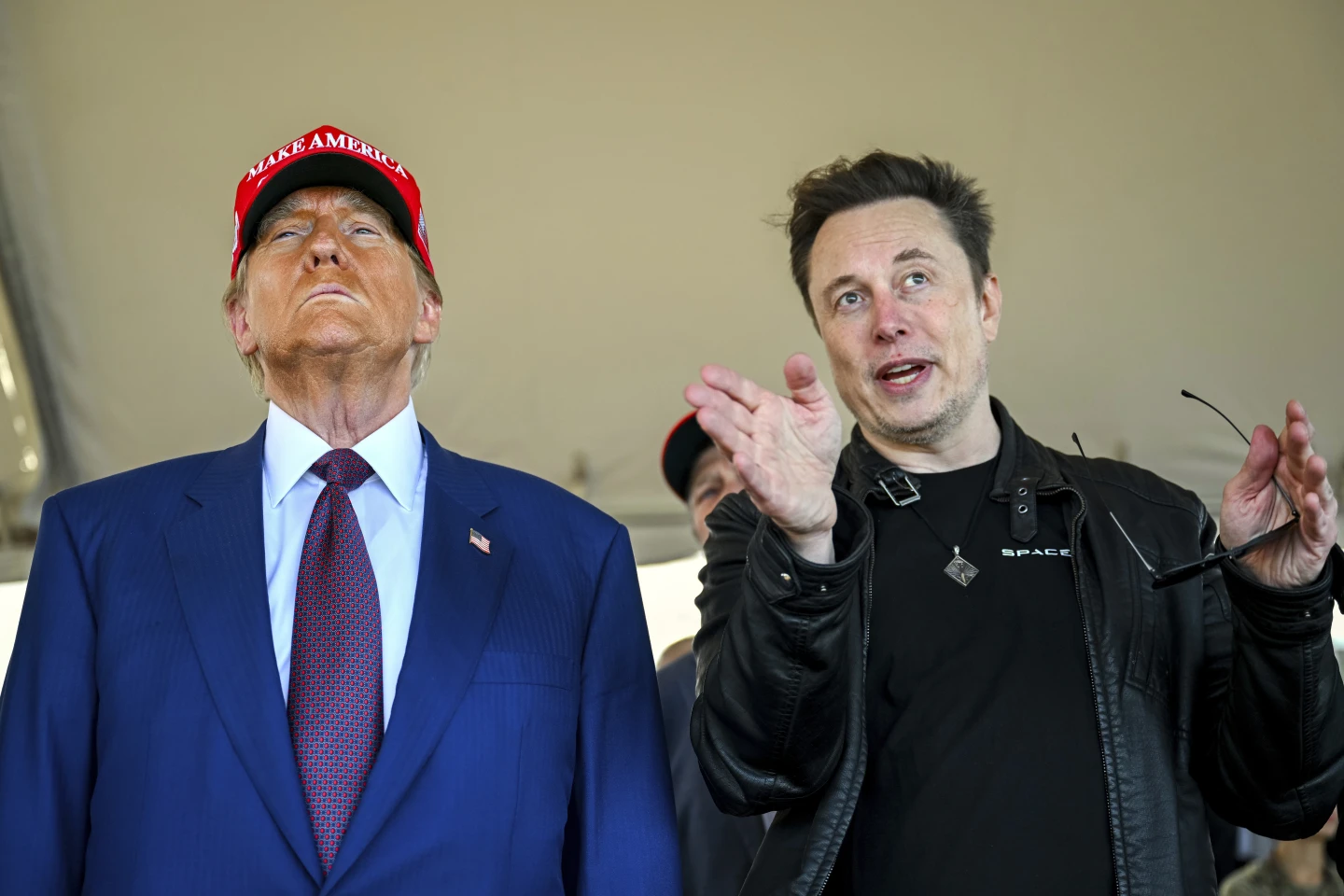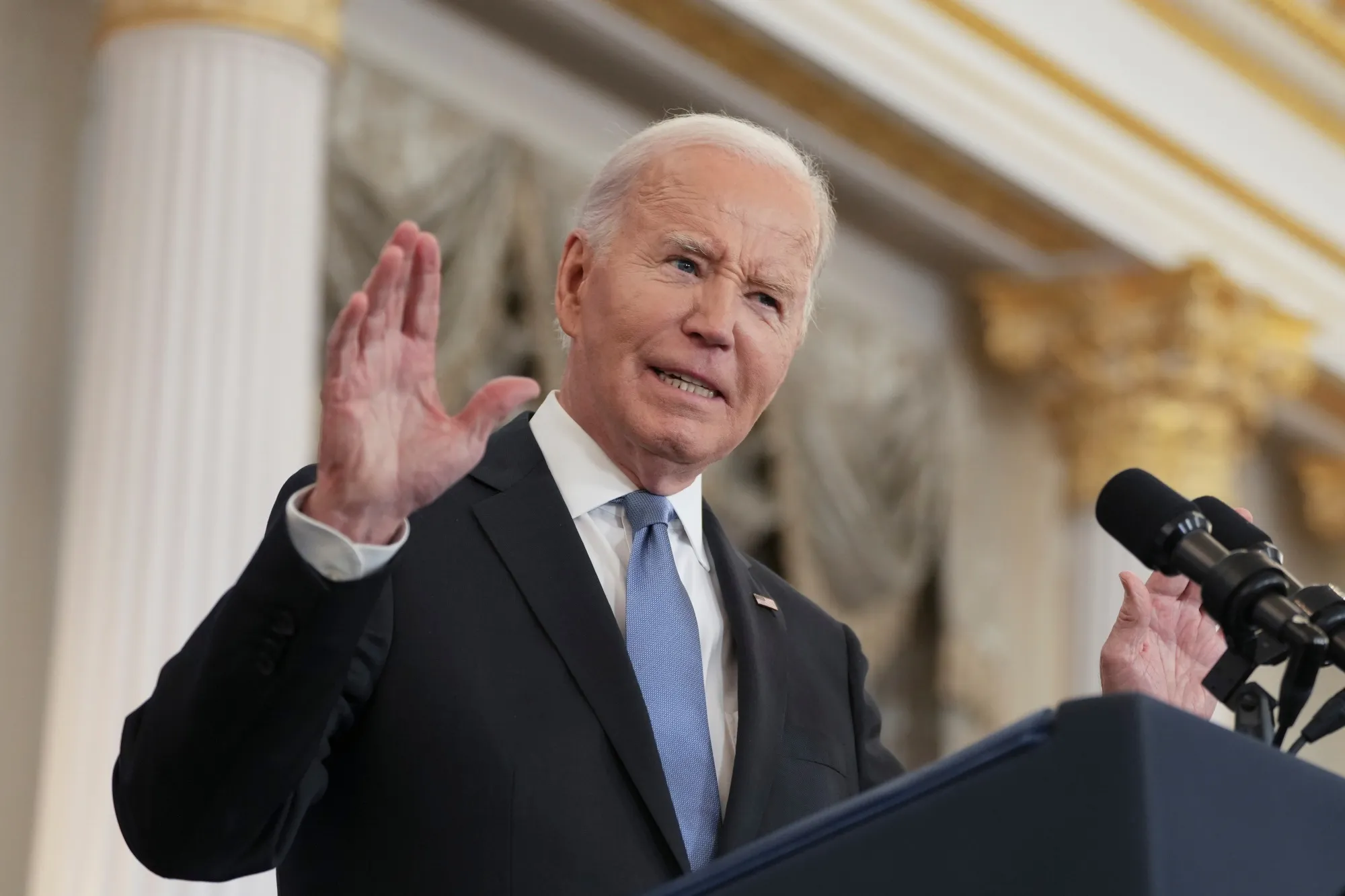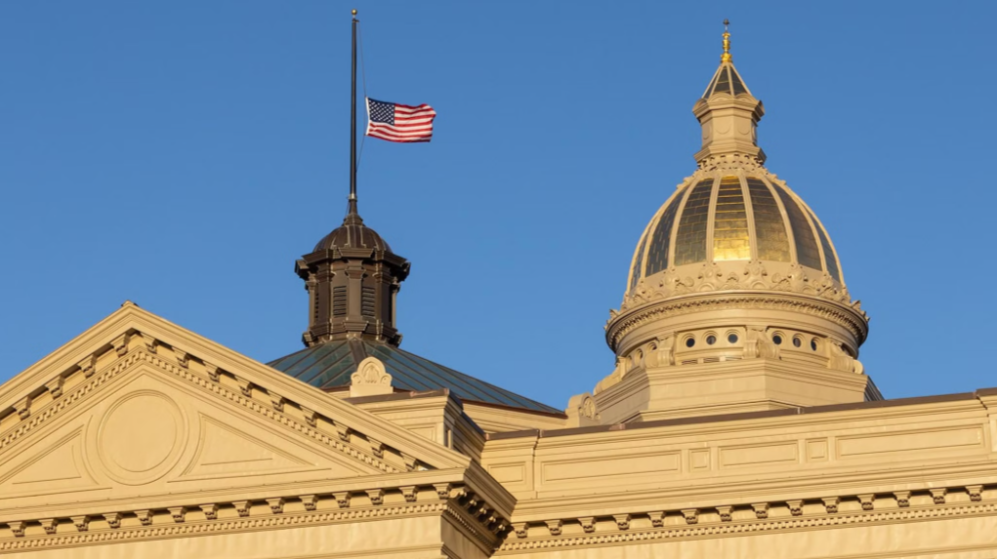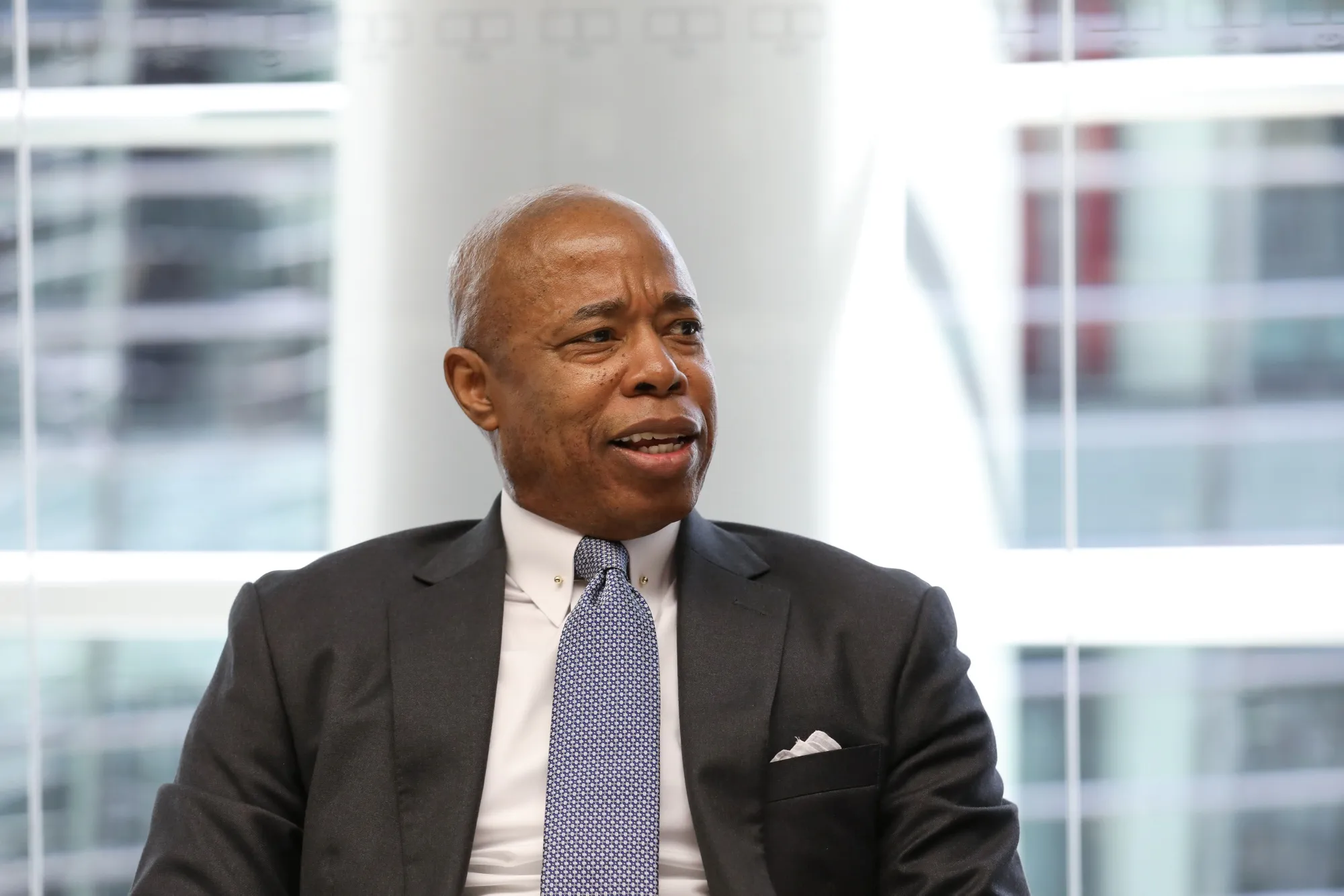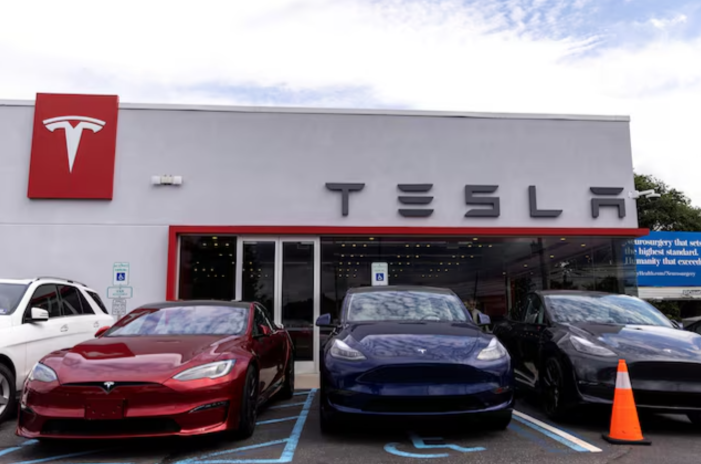Tesla (NASDAQ: TSLA) has experienced a notable surge in its stock price, rising by 38% since November 5, coinciding with the election of President Donald Trump, TipRanks.com reports.
This rally continued this week, propelled by a Bloomberg report stating that Trump’s transition team has prioritized the establishment of a federal framework for fully autonomous vehicles, a move that aligns with Tesla’s long-term ambitions in autonomous driving technology. This development has stirred optimism among investors about the potential impact on Tesla’s growth and the role that Elon Musk might play in shaping future policy.
Morgan Stanley analyst Adam Jonas acknowledges that the recent rally in Tesla’s stock reflects typical volatility driven by major catalysts. While he believes that some factors, such as the potential reduction in consumer tax credits from the Inflation Reduction Act (IRA), have already been priced into the stock, Jonas points out that Tesla’s leadership in artificial intelligence (AI) and autonomous technology, along with emerging policy shifts, may not yet be fully reflected in the company’s market value.
Despite the optimism, Jonas cautions investors not to expect an immediate breakthrough in autonomous driving. He sees a reassessment of national self-driving policies as inevitable, but emphasizes that Tesla still faces significant technological, testing, and regulatory challenges before its vehicles can be widely deployed with full autonomy. Furthermore, Jonas highlights the role of individual states and metropolitan areas in determining the pace and scope of autonomous vehicle adoption, suggesting that federal policy alone will not dictate the future of self-driving cars.
In his analysis, Jonas uses a sum-of-the-parts (SOTP) model to value Tesla’s mobility business (which includes ridesharing services) at over $50 per share. However, he does not factor in the mass deployment of fully autonomous vehicles until the mid-2030s, nor does he include the potential production of Tesla’s Cybercab in his 2030 projections. He notes that while Tesla’s mobility services are promising, the widespread use of fully unsupervised full self-driving (FSD) technology is not expected to reach commercial scale in the near future.
Jonas rates Tesla shares as “Overweight” (a Buy rating), with a $310 price target, though he acknowledges that this implies the stock is currently overvalued by about 10%. The broader analyst consensus on Tesla is mixed, with 10 analysts recommending a Buy, 16 suggesting a Hold, and 8 advising a Sell. The average price target of $232.64 is approximately 33% below Tesla’s current stock price, indicating that many analysts believe the recent rally may have pushed the stock too high.


